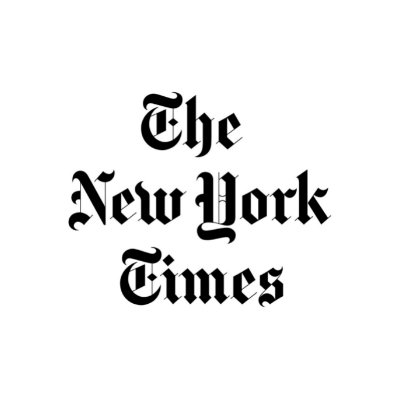Cigars, Booze, Money: How a Lobbying Blitz Made Sports Betting Ubiquitous
- Bias Rating
-80% Very Liberal
- Reliability
N/AN/A
- Policy Leaning
10% Center
- Politician Portrayal
11% Positive
Continue For Free
Create your free account to see the in-depth bias analytics and more.
Continue
Continue
By creating an account, you agree to our Terms and Privacy Policy, and subscribe to email updates. Already a member: Log inBias Score Analysis
The A.I. bias rating includes policy and politician portrayal leanings based on the author’s tone found in the article using machine learning. Bias scores are on a scale of -100% to 100% with higher negative scores being more liberal and higher positive scores being more conservative, and 0% being neutral.
Sentiments
N/A
- Liberal
- Conservative
| Sentence | Sentiment | Bias |
|---|---|---|
Unlock this feature by upgrading to the Pro plan. | ||
Reliability Score Analysis
Policy Leaning Analysis
Politician Portrayal Analysis
Bias Meter
Extremely
Liberal
Very
Liberal
Moderately
Liberal
Somewhat Liberal
Center
Somewhat Conservative
Moderately
Conservative
Very
Conservative
Extremely
Conservative
-100%
Liberal
100%
Conservative

Contributing sentiments towards policy:
55% : The analysis by The Times shows that a few states -- including New York, which in the first 10 months of the year raked in $545 million in tax revenue from online sports betting -- collected far more than the industry anticipated.53% : The association's consultants predicted, for example, that Virginia could expect to collect an extra $57 million a year in tax revenue if it legalized mobile sports betting and applied a 15 percent tax rate.
46% : They are also tax deductible, allowing gambling companies to exclude at least some of the cost of the freebies from their taxable income.
45% : Industry lobbyists, for example, dazzled lawmakers with projections about the billions of dollars that states could expect to collect in taxes from sports betting -- projections that, at least so far, have often turned out to be wildly inflated, according to a Times analysis of state tax data.
45% : A Patchwork of Regulations: Government oversight of sports betting offers scant consumer protections and relies on the industry to police itself.
45% : And the group argued that it was too soon to tell how much would be bet or how much states would collect in taxes in the future and that as the market matured, tax revenues would rise.
43% : Because gambling companies spent tens of millions of dollars on tax-deductible promotions, the state collected less than $271,000 in taxes.
39% : Even as Kansans placed $350 million of bets this fall, the state collected less than $271,000 in taxes.
*Our bias meter rating uses data science including sentiment analysis, machine learning and our proprietary algorithm for determining biases in news articles. Bias scores are on a scale of -100% to 100% with higher negative scores being more liberal and higher positive scores being more conservative, and 0% being neutral. The rating is an independent analysis and is not affiliated nor sponsored by the news source or any other organization.






















 NY Times
NY Times